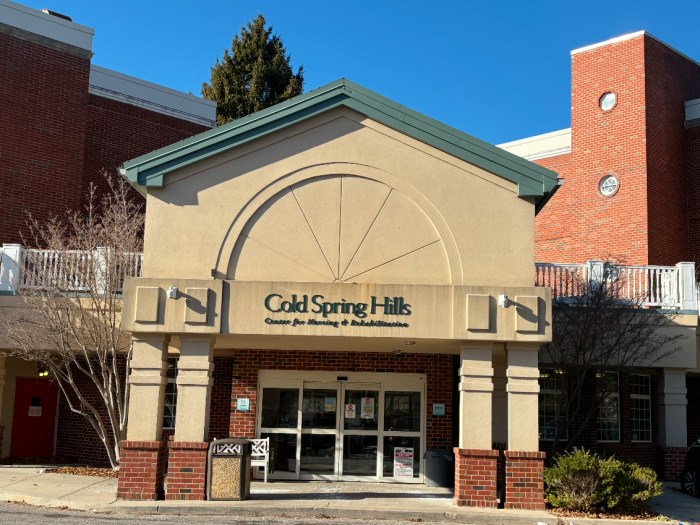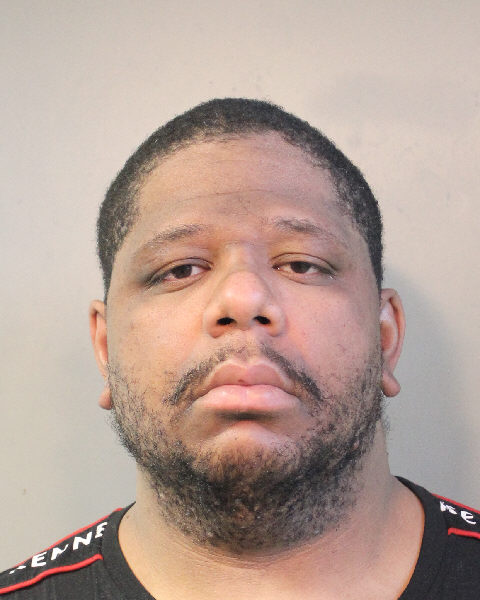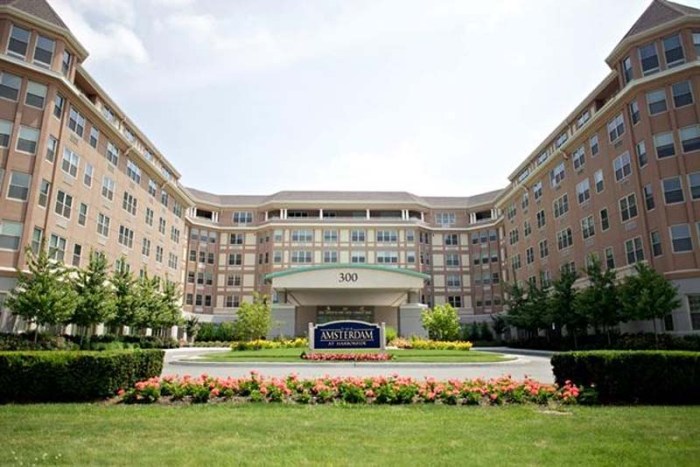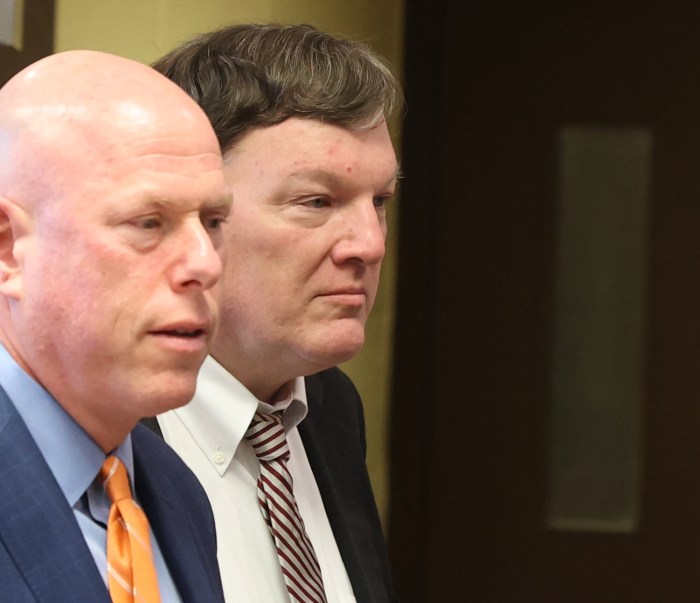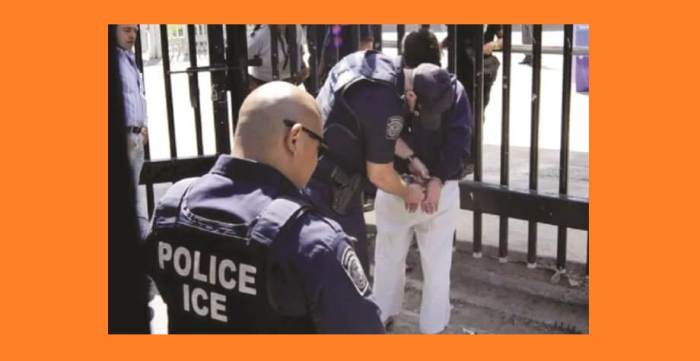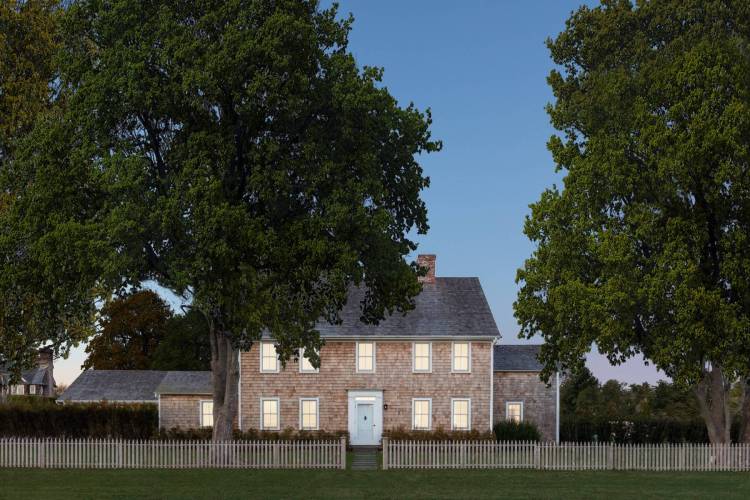George Floyd’s death in Minneapolis in May was the proverbial pebble in the pond, with far-reaching consequences. Actually, it was more akin to a boulder, given the widespread protests and civil unrest that broke out after police officer Derek Chauvin kneeled on Floyd’s neck for 8:46 and killed the African American man.
Among those to act was New York State Governor Andrew Cuomo, who in June promulgated Execute Order 203 and made pointed note of the post-Floyd atmosphere.

(Photo by Frank Rizzo)
It mandated that all municipalities with police departments submit plans by April 1, 2021, after performing “a comprehensive review of current police force deployments, strategies, policies, procedures and practices, and develop a plan to improve such deployments, strategies, policies, procedures, and practices, for the purposes of addressing the particular needs of the communities served by such police agency and promote community engagement to foster trust, fairness and legitimacy, and to address any racial bias and disproportionate policing of communities of color.”
Under the banner of what Cuomo called the state’s Police Reform and Reinvention Collaborative, Nassau County Executive Laura Curran has been holding meetings and hosting Zoom town halls to gather input from people representing agencies and organizations with a stake in policing reforms.
“Community policing and fostering close relationships is what we do best in Nassau and we are fortifying our commitment to that model,” Curran said in a statement. “The county is stepping up our engagement with diverse communities in order to make sure all voices are heard. My administration remains committed to moving Nassau County forward with positive steps that improve public safety, while building trust between police and the communities they serve.”
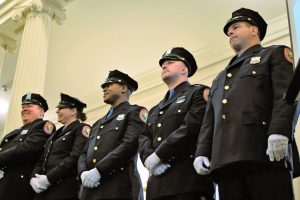
The vessels for shaping new policies include the Police and Community Trust (PACT) and Commissioner’s Community Council (CCC). PACT, according to a press release, “brings together law enforcement, protest organizers and community stakeholders to provide a forum to engage in frank conversations about policing strategies and issues of concern for residents.”
PACT and the Nassau County Police Department have also met with representatives from the District Attorney’s Office, Legal Aid Society, LGBT Network, Long Island Advocates for Police Accountability, National Action Network and the Nassau County offices of the Sheriff, Physically Challenged and Civil Service.
The CCC was formed in 2019 and includes more than 200 members in total, comprised of diverse community stakeholders from each of the 19 county legislative districts that meet periodically with Police Commissioner Patrick Ryder.
Curran also hosted virtual town hall meetings on her official Facebook page on the Wednesdays of Oct. 14, 21 and 28.
Her first two guests were Ryder and David Kilmnick, president/CEO of the LGBT Network and an influential voice in that community. Kilmnick said he was gratified that both Ryder and Curran had marched in the Long Island Pride Parade and thanked them for improving relations between police and LGBT individuals.
Kilmnick admitted that there had been a distrust of law enforcement among those he has advocated for. Many crimes against his cohorts go unreported, he stated, mainly on account that they don’t trust law enforcement.
Likewise, domestic incidents between gay and lesbian partners are not taken seriously by many police officers.
Kilmnick made a list of suggestions for further improving relations between law enforcement and LGBT residents.
“Thank you, David, for your honesty and your friendship over the past couple of years,” Ryder said.”It’s been good for us in the department to learn and grow from.”
The commissioner said that the collective bargaining agreement under negotiation will give his members more days of training, including things such as recognizing bias.
“Being respectful to all of our communities is what’s going to get us through all these problems that we have today,” Ryder said. “And I think that training is going in the right direction and we’re still learning how we can make it better.”
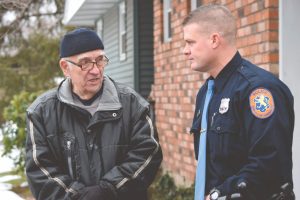
(Photo by Frank Rizzo)
Joining Curran at the second meeting was Keith Scott of the Safe Center, which advocates for victims of domestic and child abuses. He spoke about the close partnership with the NCPD. The Bethpage headquarters is also home to investigators from the police, as well as Child Protective Services, District Attorney and Nassau University Medical Center to aid in the investigation and prosecutions of offenders.
Joining him was Det. Sgt. Sabrina Gregg, the NCPD’s liaison for domestic violence and Det. Luis Salazar of the Special Victims Squad.
Gregg noted that she took a course on “Adverse Childhood Experiences” at the Safe Center. Officers, she added, trained in forensic interviewing, making them “sensitive to the special needs of how those who’ve been victimized need to be spoken to.”
Further, officers are trained in crisis intervention, deescalation, crisis communication, hostage negotiation, autism awareness and interview and verbal skills.
Salazar spoke of the problems in the Hispanic community. He said they generally distrusted law enforcement, on account of the fear of deportation. He assured listeners that “you have rights, no matter your citizenship status. And especially, the NCPD is one of the few throughout the country that is not assisting [the federal] ICE (Immigration and Customs Enforcement) in any kind of information sharing.”
Curran urged residents to call the police in an emergency, stating, “If you’re a victim, your immigration status does not matter.”
Speaking of the role of police, Gregg said, “We want to change the world. We want to make a difference in people’s lives.”
In her proposed 2021 budget, Curran seeks increased staffing in the NCPD Community Affairs division and expanding Police Athletic League (PAL) programs; increasing the number of Problem Oriented Policing (POP) officers at each precinct from two to three officers; and adding two social workers to assist the NCPD’s Mental Health Mobile Crisis Team.
Visit www.nassaucountyny.gov/EO203 to learn more about Executive Order 203 and email EO203@NassauCountyNY.gov to submit comments. Comments will be accepted through the end of January.
The administration will submit the plan for approval by the County Legislature by Feb. 15, 2021.



